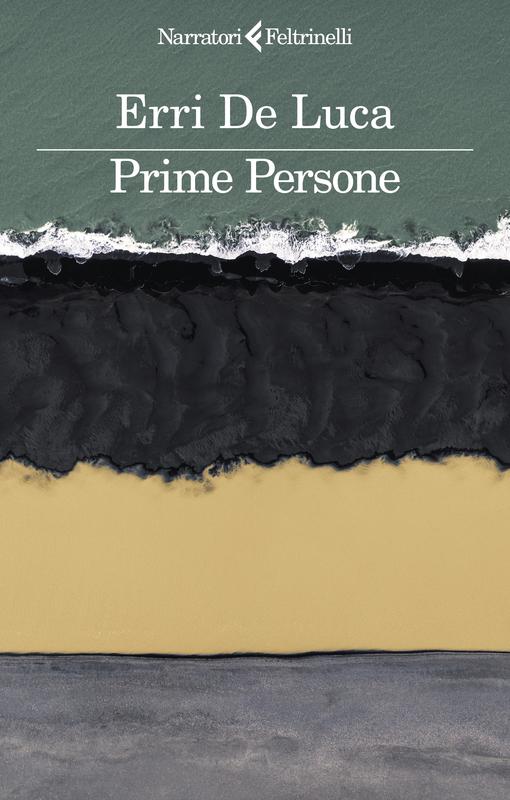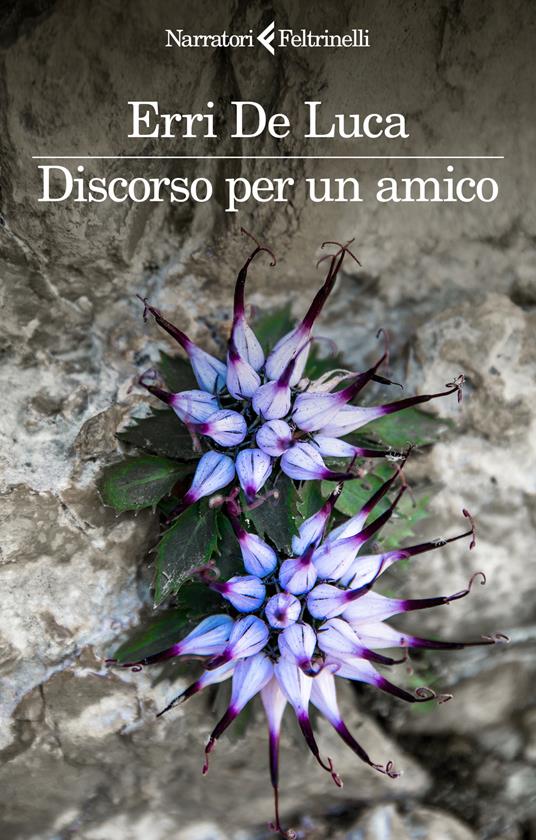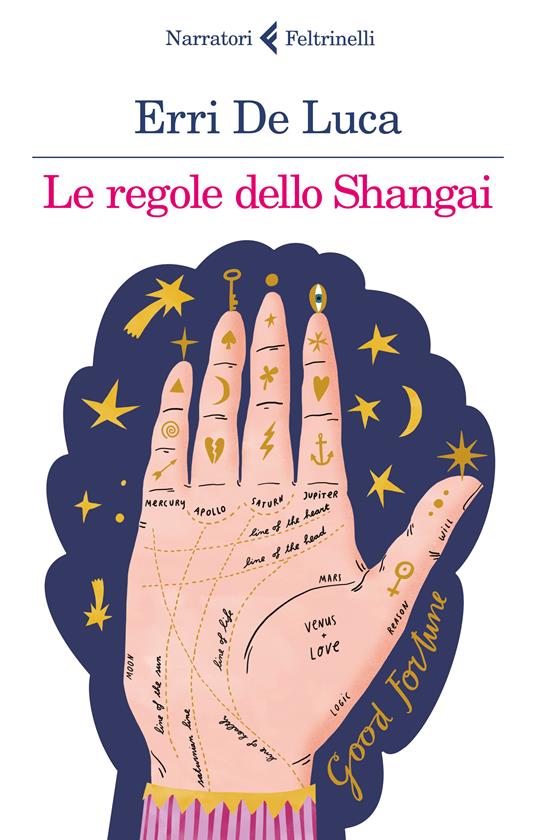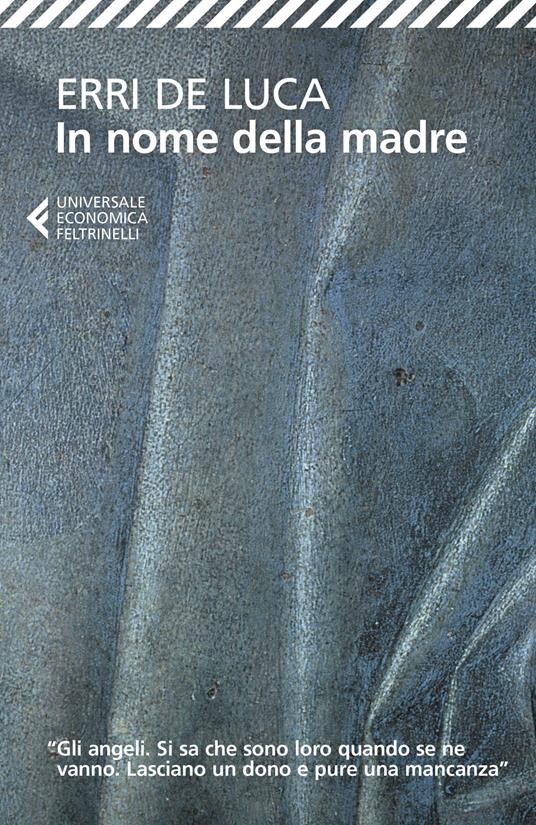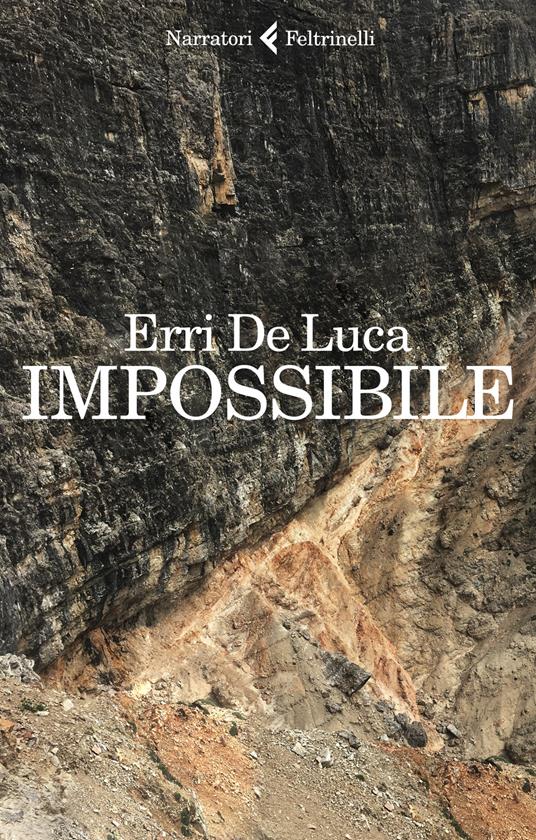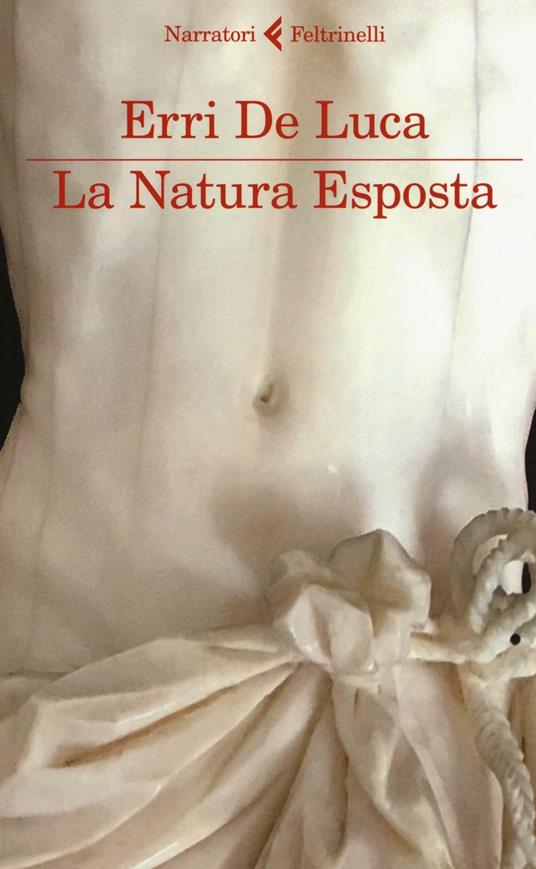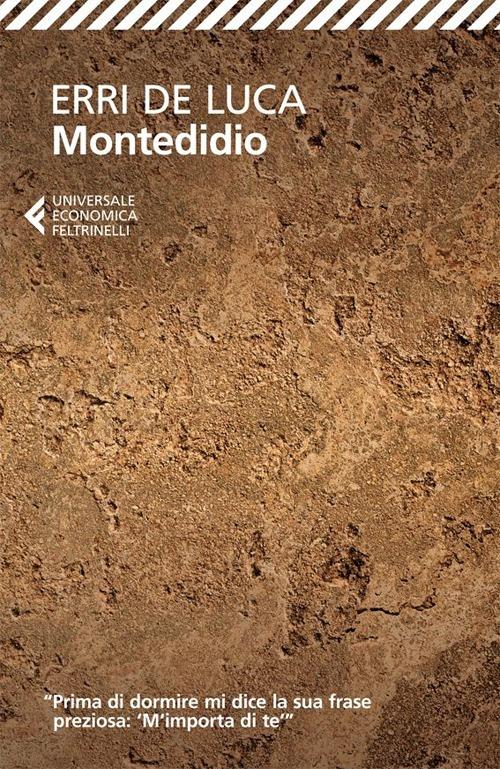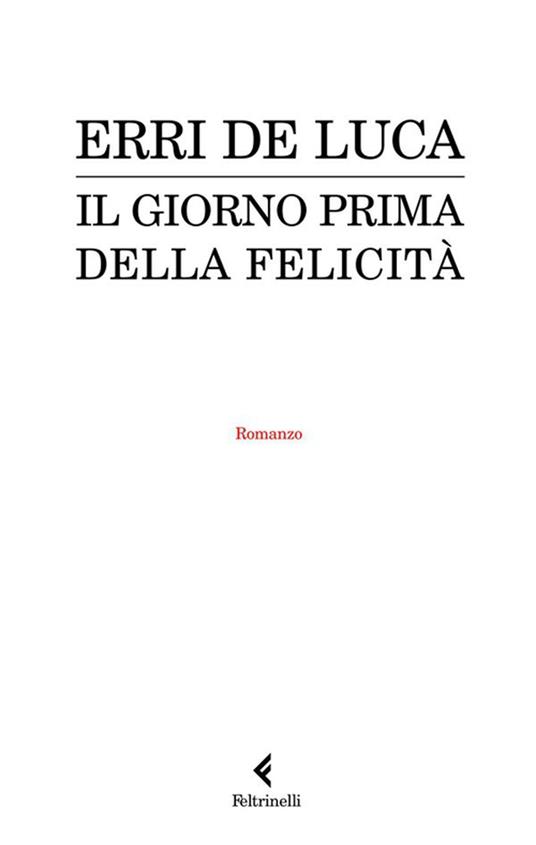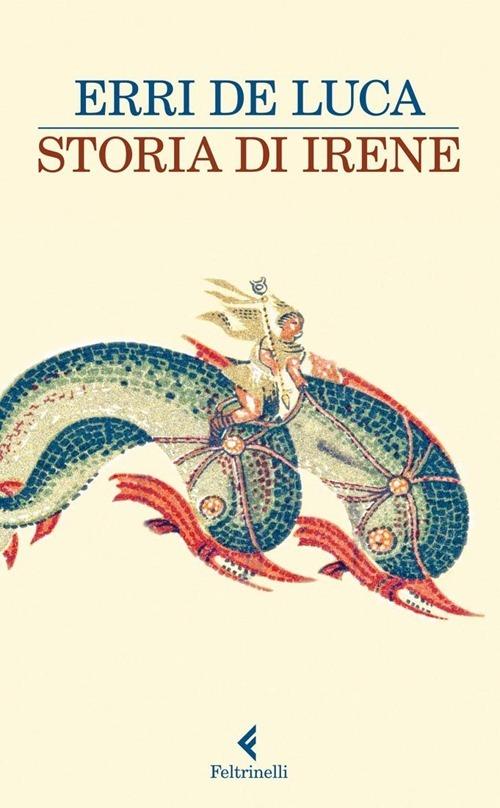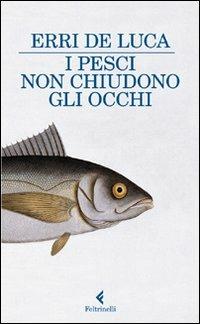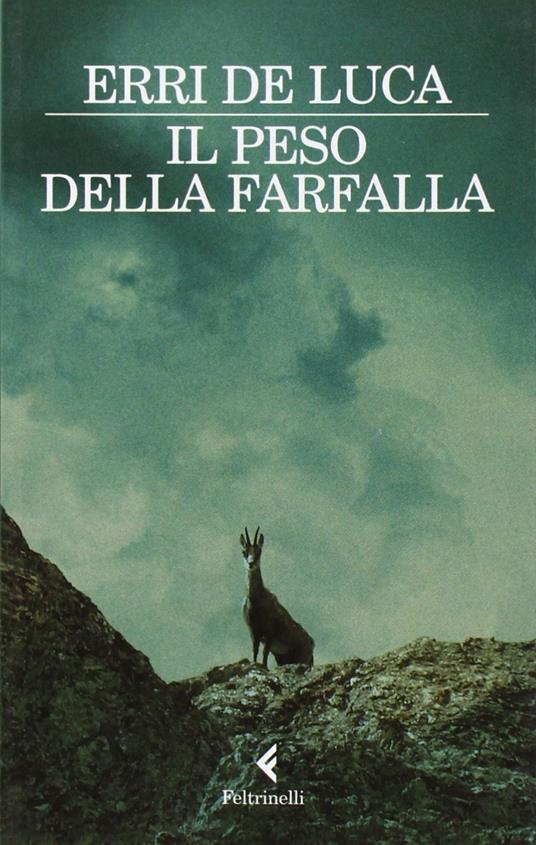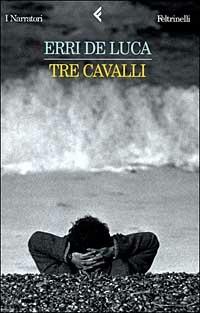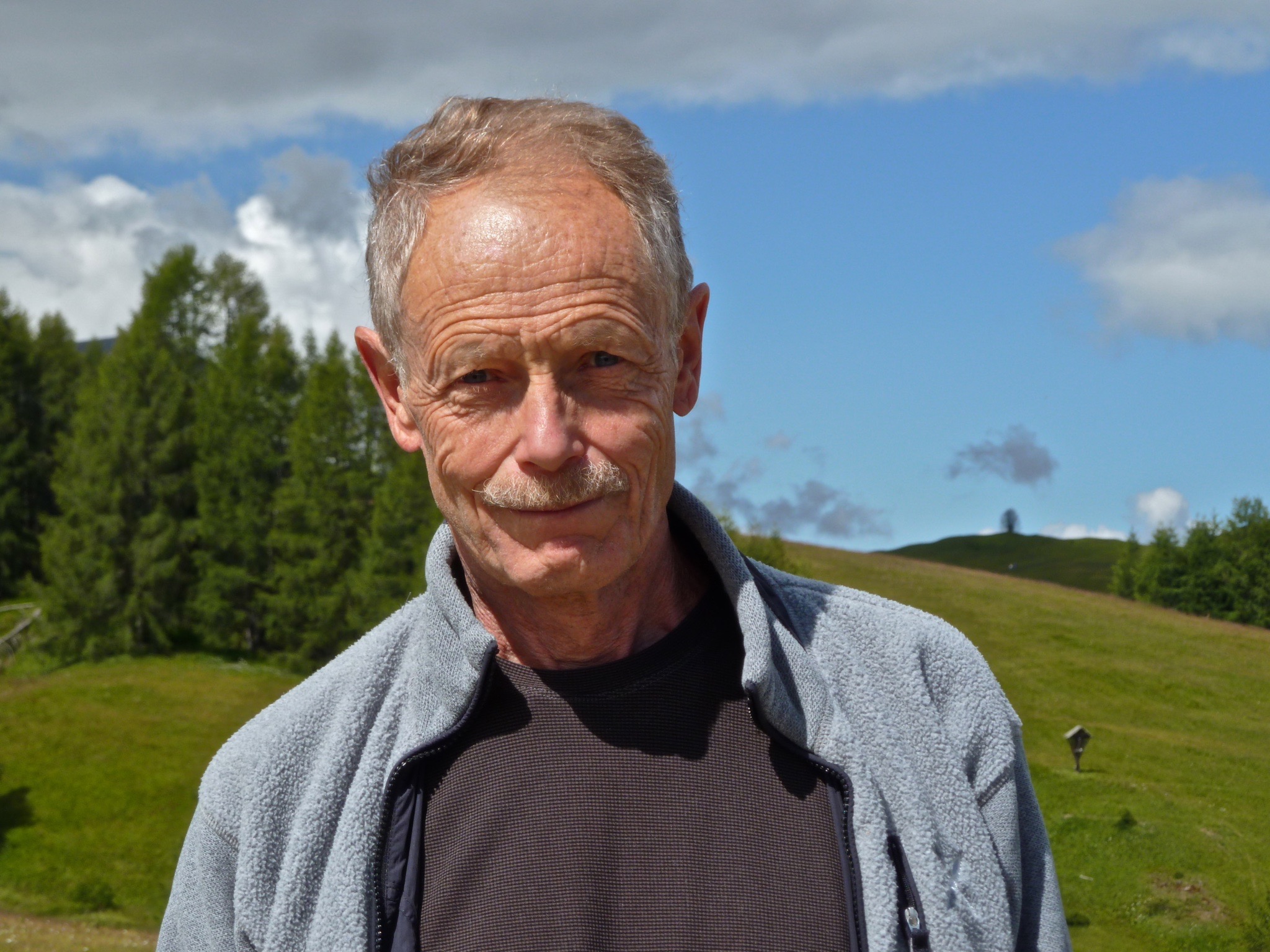The Experimental Age
Erri De Luca
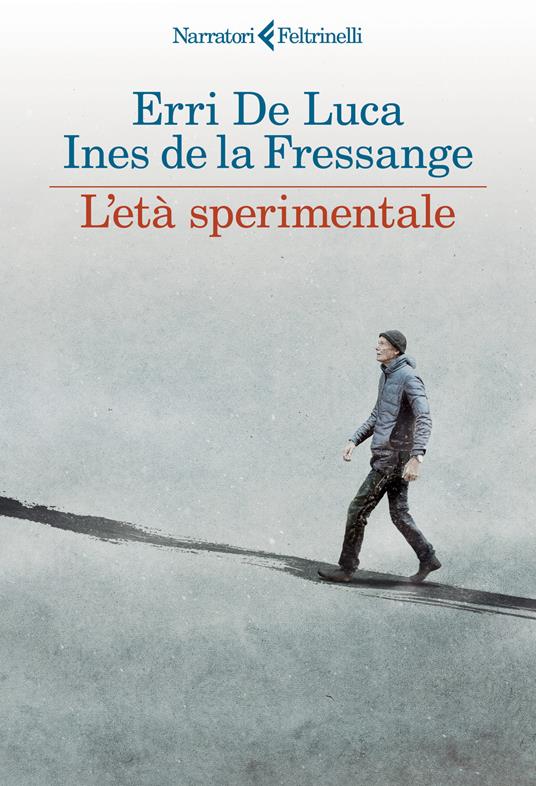
No generation before this one has reached old age in such vibrant numbers or with such dynamic potential. This unprecedented phenomenon – as Erri De Luca insightfully observes – has transformed aging into an experimental age. Rather than a phase of life for looking backward, it has become a frontier of discovery: a time to uncover new facets of oneself, forge deeper connections with others, and cultivate body and mind with fresh awareness and delight.
De Luca likens this phase to climbing a mountain forest: “In the dense thicket of conifers, only sparse light filters through, revealing just what surrounds me. But as I ascend, the trees thin out, clearings open, and the light grows stronger. From the treetops of this experimental age, I see far ahead – not my future, but the future beyond me. Goethe’s final words, ‘Mehr Licht’ (more light), was not a plea but a revelation of its brilliance. Today, I see a youth envisioning its future as inseparable from that of the Earth itself, a shared horizon. And we, the ‘new elders,’ from the summit of our forest, can glimpse it too.”
Infused with wisdom and warmth, The Experimental Age is not just a book – it’s an invitation. With a contribution from Ines de la Fressange, De Luca explores the untapped potential of life’s later years. He recounts how the accumulation of time is not a burden but a “powerful catapult” for new possibilities.
This is the age to break free from outdated models of aging and embrace it as a personal, uncharted, and transformative experience. The Experimental Age redefines what it means to grow older and embrace the limitless opportunities that accompany aging.
Rights sold
Greece (Kelefthos)
France (Gallimard)
Spain (Editorial Planeta/Bromera)

